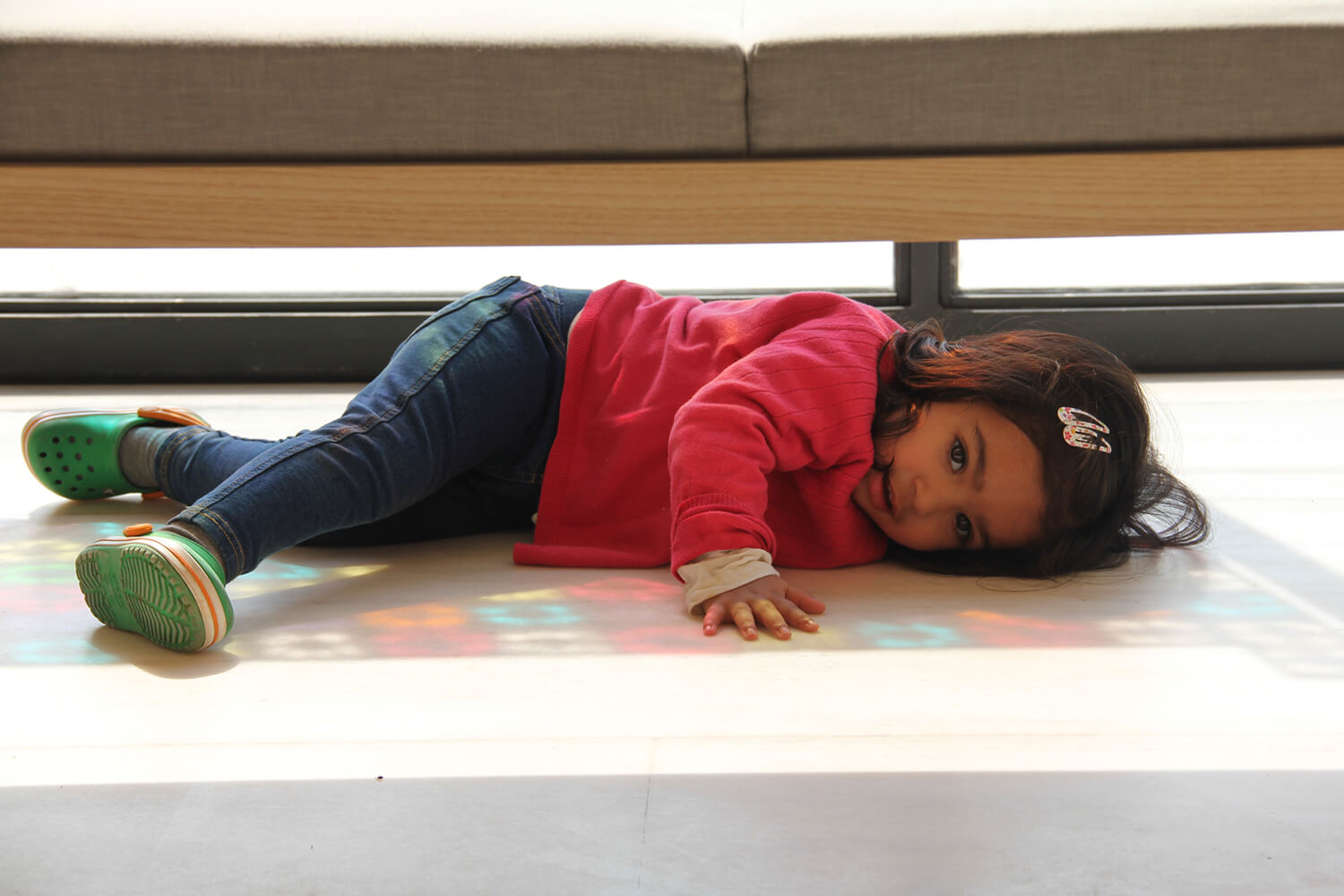25 Jan Help Kids Understand Their Emotions
‘When little people are overwhelmed by big emotions, it’s our job to share our calm, not join their chaos.’- L.R. Knost
A helping hand
It is essential for young kids to understand and acknowledge their emotions and feelings. This awareness to understand their emotions will help these young minds manage their behaviour and relationships.
We, as parents and teachers, need to play a vital role in helping children understand and cope with their emotions. Kids need to understand and accept their emotions first, before they learn to express or control them. Understanding, expressing, managing and channelizing emotions in the right direction is an art, which needs to be taught to children; with proper guidance and regular practice children can improve their ability to regulate their emotions.
At this tender age it is difficult for these toddlers to understand their reaction to certain things. Crying, hitting someone or for that matter themselves, throwing toys, isolating themselves, not responding, picking up a fight, are some of the ways by which children try to express their emotions. Such reactions, if not dealt tactfully, might have a lasting impact on their mind.
We, as adults too, face and experience this emotional rush and though being adults sometimes or rather most of the times finds it difficult to understand and explain ourselves the reason for being unreasonable. Let’s help our little kids to understand their emotions from this very tender age, so that they learn to take charge of their emotions with ease and further learn the art to balance their emotions as well.
All ways of expressions are acceptable
Kids have different ways to respond to their emotions. Some kids make an attempt to identify the problem and try to find solutions for it; while others restrict their emotions to themselves. Behaviour of kids to a great extent is driven by their primary emotions.
Sadness for instance is an emotion capable of slowing down the thoughts and motor activities of kids. It is the time when kids need support to ponder over their emotions and understand the source of their sadness.
On the contrary anger speeds up these little ones, charges them up and mobilizes their intense energy. The anger gears them up for a fight with a thought that their rights have been violated and mobilizes them to protect against future threats.
At this time, when emotions are running high, you are required to be supportive towards your kid(s), nurture them and train them to accept these emotions. Allowing kids to first feel their feelings will make them understand that each feeling serves a purpose. Make kids walk through their emotions, be an emotional coach to them, which will help them overcome their emotional struggle; thus allowing them to be emotionally intelligent beings. But at the same time make them understand that all emotions are acceptable however all behaviours are not. Develop an awareness of positive vocabulary to express these emotions and at the same time limit these expressions through appropriate behaviour. Give undivided attention to these little ones while listening to their emotional expression and deal empathetically with these challenging feelings.
Patience plays a vital role here, both for you and your little one. Hence, you need to be patient towards the emotions expressed by your child and teach them also to deal with their emotions with patience. This too shall pass!
Face with Grace
Parents respond differently to the emotional needs of their kids; some feel that emotions of kids are unimportant and attempt to eliminate them quickly, often through the use of distraction. Some parents believe that negative emotions should only be dealt with by punishment. On the other hand some parents accept all emotions of kids, however do not approve of any solutions to these emotions. While the parents who believe in emotional coaching, not only value the negative emotions of their kids but also accept their reaction to such challenging emotions. Such parents find these emotional explosions an opportunity for bonding with their little ones.
You can list yourself as one of the above mentioned parents and can work on yourself if you feel you need to; the choice is yours!
Children of these emotional coaching parents are physically healthier, academically ahead, emotionally sound and get along well with their peers in school.
Thus it is an essential part of good parenting to make children aware and understand their emotions. It is not necessary for children to understand, accept, react or express their emotions immediately; However, as parents it is important for you to make your child understand that they need to express their emotions sooner or later. Keeping their emotions to themselves may have a lot more adverse effects on the child’s mind and behaviour. A good conversation with your little one, sharing the day’s event could be a great way for them to vent out their emotional rage and a good unwinding session for the day.
Emotional intelligence appears to be a strong predictor of success and you can encourage and train kids to maintain balance with these emotions. Kids should be trained to develop problem solving skills through managing their emotions and dealing with them in a positive way. This will help kids set goals and generate solutions to reach these goals.
It is well understood that an emotional brain responds more quickly to any situation or event than a thinking brain. The key to emotional intelligence is self awareness.
Let us lend our helping hands now!




No Comments